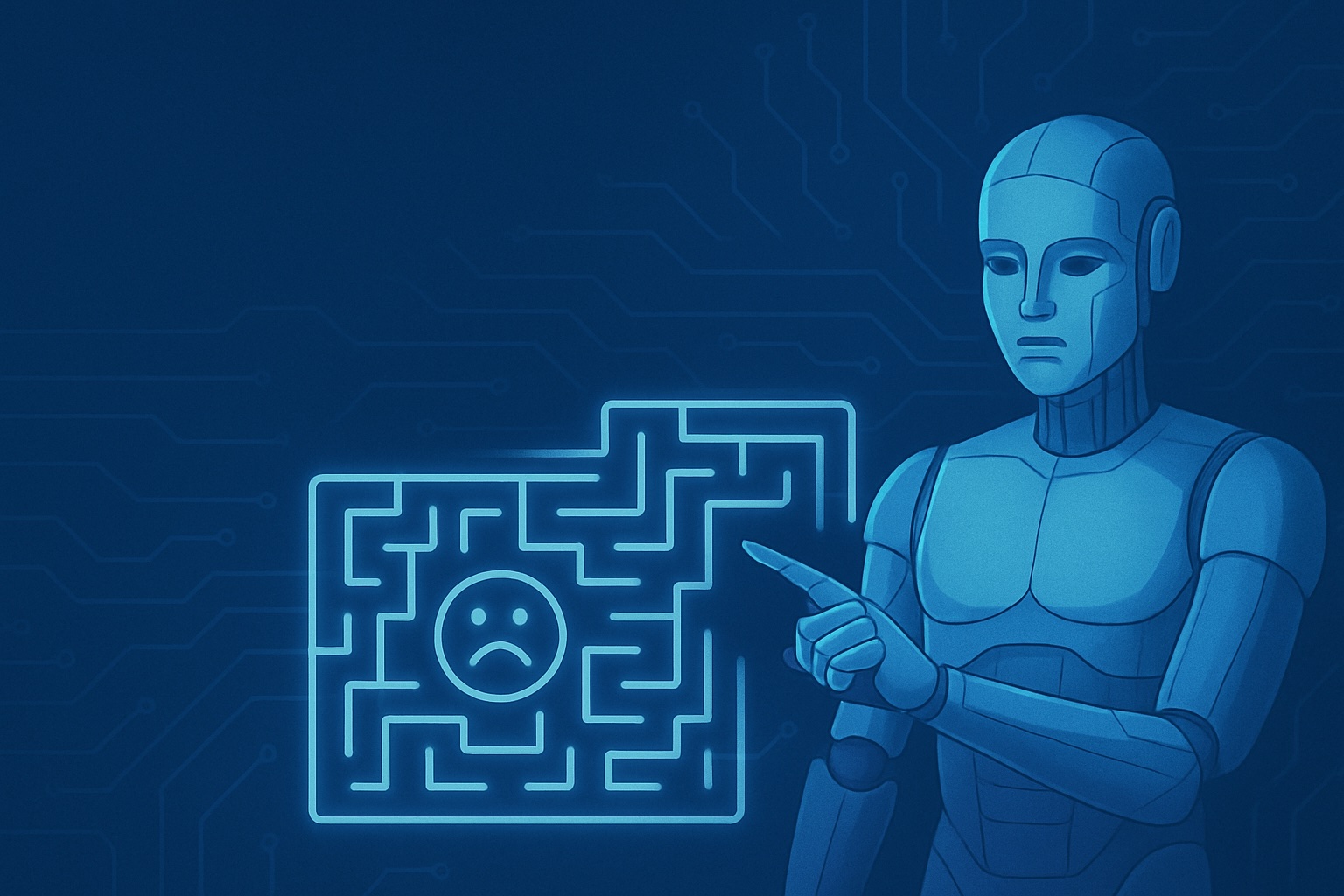Today’s tech trends paint a stark picture of our current digital landscape. We’re seeing the lines between reality and fiction blur with AI-generated content, the amplification of messaging through sophisticated bot networks, and the real-world consequences of technological shifts on the job market. Let’s break down what these developments mean for our society and our future.
The New Era of Political Propaganda: AI-Generated Disinformation
The first major trend is the use of AI to create hyper-realistic, fabricated videos for political purposes. A recent example involves a fake video of a former president being arrested, a clear attempt to manipulate public perception and sow discord. This isn’t just a prank; it’s a demonstration of how easily and cheaply disinformation can now be produced. The danger here is the erosion of trust. When we can no longer believe what we see, it becomes incredibly difficult to have a shared understanding of reality, which is the bedrock of a functioning democracy. This technology is a powerful tool for anyone looking to destabilize political discourse. Read the full discussion on Reddit.
The Army of Bots: Manufacturing Consensus Online
Complementing the rise of AI-generated content is the persistent and evolving threat of bot networks. Researchers have uncovered extensive networks of fake accounts designed to support specific political agendas. These bots create an illusion of widespread support for a candidate or cause, drowning out genuine conversation and manipulating social media algorithms. The fact that these networks are now showing internal divisions highlights their complexity and scale. They are not just simple spam bots; they are sophisticated tools for information warfare, capable of influencing public opinion and even elections. Read the full discussion on Reddit.
The Economic Fallout: Gen Z and the Automated Job Market
While the political sphere is being reshaped by AI and automation, the economic impact is hitting the youngest members of our workforce the hardest. Reports indicate that Gen Z is facing a tougher job market than previous generations, with a significant percentage of recent graduates struggling to find employment. This isn’t just a standard economic downturn; it’s a structural shift. AI-powered recruitment tools, the automation of entry-level jobs, and the demand for highly specialized skills are creating a hyper-competitive environment. The skills that were valuable a decade ago are being replaced, and our education systems are struggling to keep up. This trend is a clear signal that we need to rethink our approach to education and career development in the age of AI. Read the full discussion on Reddit.
These trends are not isolated incidents. They are interconnected facets of a single, overarching reality: technology is reshaping our world at an unprecedented pace. From the way we consume information and participate in democracy to how we build our careers, the ground is shifting beneath our feet. The challenge for all of us is to become more critical consumers of information, to advocate for ethical AI development, and to adapt to the new economic realities. The future is already here, and we need to be prepared.

